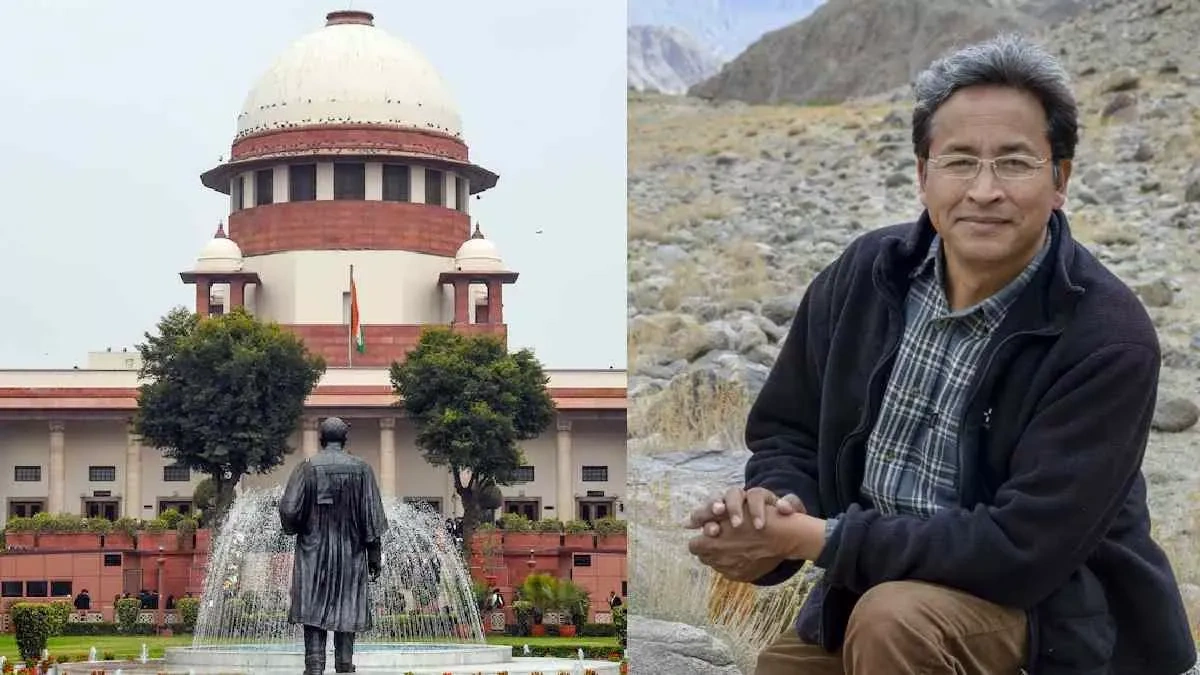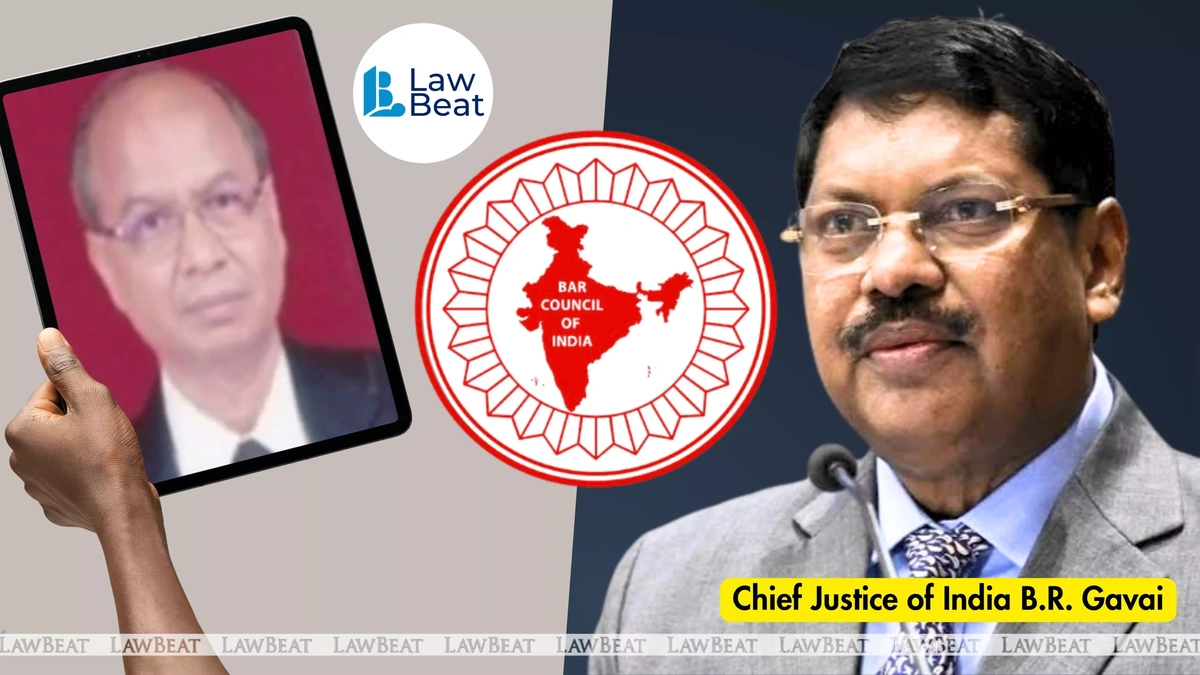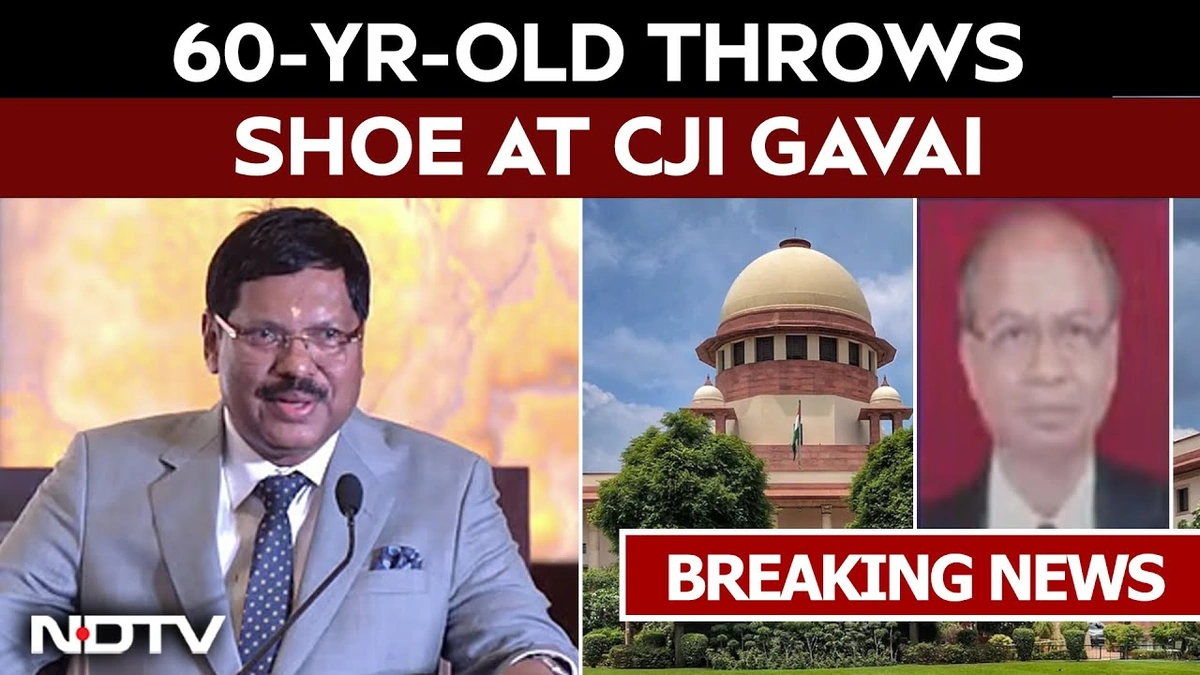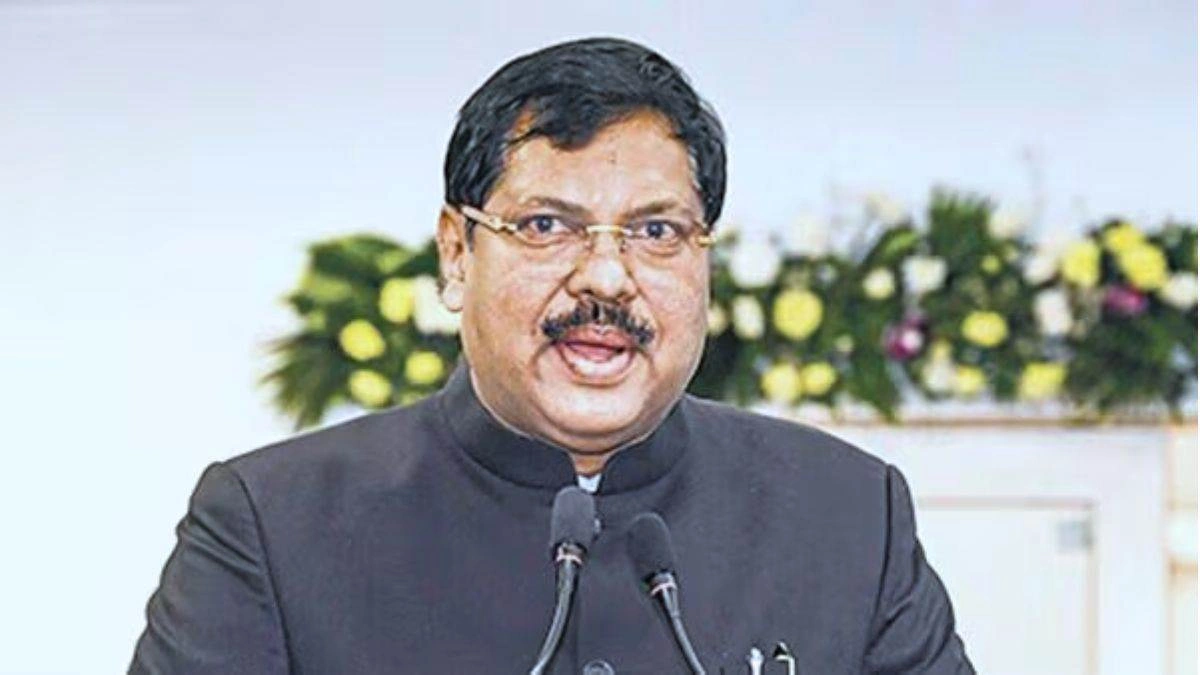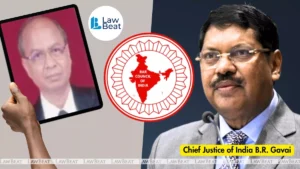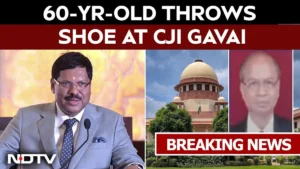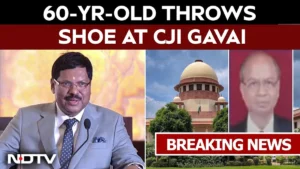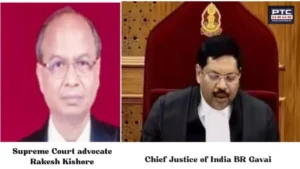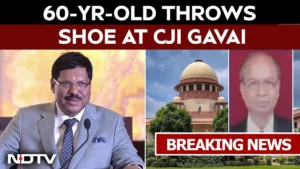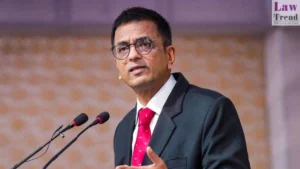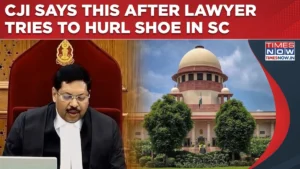SC Asks Centre About Wangchuk’s NSA Detention; Hearing Set for Oct 14
The Supreme Court has recently taken up the case of Wangchuk’s NSA detention , demanding answers from the central government. A hearing is scheduled for October 14th, adding another layer to this already complex situation. But here’s the thing: it’s not just about one person’s detention. It’s about the power of the National Security Act (NSA), how it’s used, and what it means for civil liberties in India. Let’s dive in.
Why This Case Matters – More Than Just Headlines
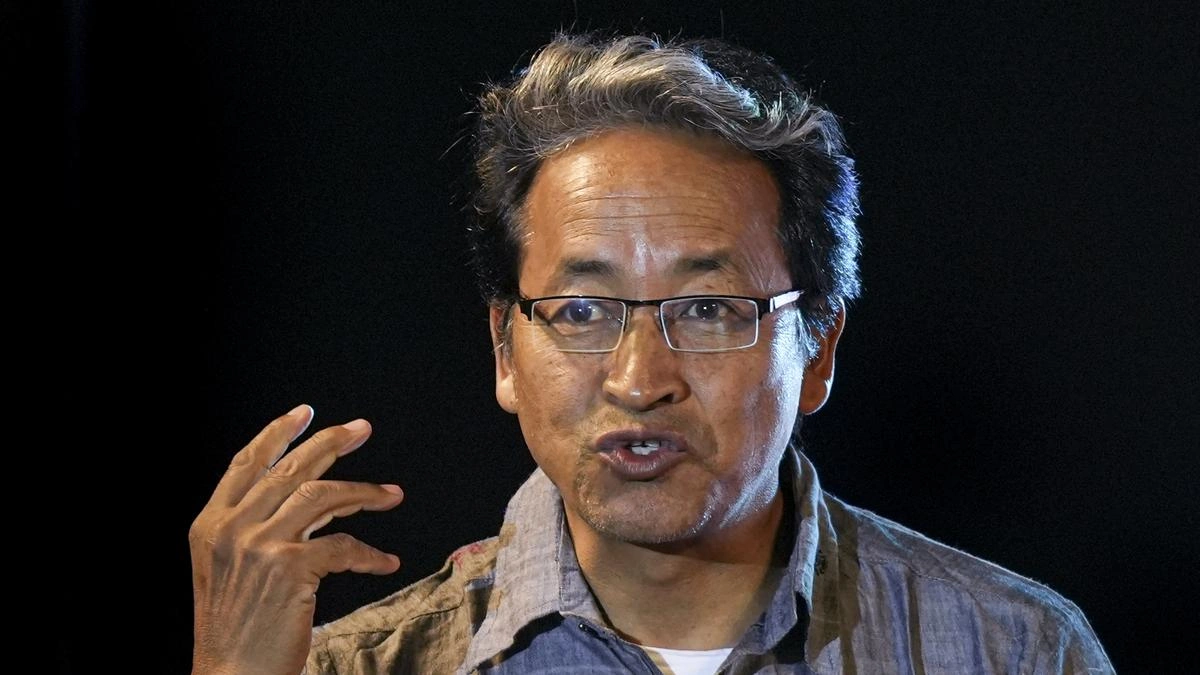
So, why should you care about a case involving someone you might not even know? Because it highlights a critical debate surrounding national security versus individual freedom. The NSA, enacted in 1980, allows preventive detention – holding someone without charge – if the government believes they pose a threat to national security. The key phrase here is “preventive detention.” It’s about potential threats, not necessarily proven crimes. Think about that for a moment. How easily could such a law be misused? That’s the question at the heart of this case. The court’s scrutiny of Wangchuk’s NSA detention highlights the need for transparency and accountability when such powers are invoked. Many people are wondering about the grounds for NSA detention .
Decoding the NSA | What You Need to Know
Let’s be honest, legal jargon can be a nightmare. So, let’s break down the NSA in plain English. It allows the government to detain individuals to prevent them from acting in any manner prejudicial to the security of the state, public order, or India’s relations with foreign powers. A person can be detained for up to 12 months without any formal charges being filed. Now, initially I thought this was straightforward – a necessary tool for maintaining order. But then I realized how easily this power could be abused if not carefully monitored. The crucial part is that the detaining authority must provide the detainee with the grounds for detention, allowing them to make a representation against the order. However, this information can be withheld if deemed against the public interest. This is where things get murky, and where the court’s role in safeguarding individual rights becomes paramount. According to legal experts, the NSA detention guidelines need to be strictly followed to prevent misuse.
The Emotional Angle | Fear, Freedom, and the Weight of the State
Imagine being picked up, held without charge, your freedom curtailed based on a potential threat. It’s a chilling thought, isn’t it? This isn’t some abstract legal concept; it affects real people, their families, and their sense of security. The fear of arbitrary detention can have a chilling effect on free speech and dissent. And that’s a dangerous path to tread. What fascinates me is how easily fear can be weaponized – both by those who seek to disrupt society and by those who claim to protect it. Finding that balance – ensuring national security without sacrificing fundamental freedoms – is the challenge we face. This case isn’t just about Wangchuk; it’s about the principles upon which our society is built. One aspect that is being keenly watched is the judicial review of NSA detentions .
How This Hearing Could Change Things
The Supreme Court’s involvement is significant. It signals a willingness to examine the government’s use of the NSA and to ensure that it aligns with constitutional principles. The court can demand greater transparency, scrutinize the evidence presented by the government, and set precedents that limit the scope of the NSA. This isn’t just about this specific case; it’s about establishing safeguards for the future. The court’s decision could have far-reaching implications for how the NSA is used in India, potentially leading to stricter guidelines and greater accountability. But, it’s also important to remember that the court operates within a legal framework. Its decisions must be grounded in the law and the Constitution. The outcome of this hearing remains uncertain, but one thing is clear: it has ignited a crucial debate about the balance between security and freedom. Understanding related government actions can provide a broader context.
Looking Ahead | What’s Next After Oct 14?
The October 14th hearing is just one step in a potentially long legal battle. Depending on the court’s initial findings, further hearings, investigations, and legal arguments could follow. The outcome could range from the immediate release of Wangchuk to a continuation of his detention, possibly with modifications to the conditions. Regardless of the specific outcome, this case will likely continue to generate public debate and scrutiny. It serves as a reminder that the protection of civil liberties requires constant vigilance and a willingness to challenge the exercise of state power. And that, my friends, is why this case is so important, no matter who you are or where you live in India. It’s a reminder that the principles of justice and freedom are not abstract concepts; they are living, breathing realities that must be defended every single day. Another point of discussion has been the impact of NSA on civil liberties . The case also brings to light the importance of legal safeguards against NSA misuse .
More trending news can be found here.
FAQ Section
What exactly is the National Security Act (NSA)?
The NSA is an Indian law that allows preventive detention of individuals deemed a threat to national security, public order, or India’s relations with foreign countries.
How long can someone be detained under the NSA?
A person can be detained for up to 12 months without formal charges.
What rights does a person have if detained under the NSA?
Detainees have the right to be informed of the grounds for their detention and to make a representation against the order. However, this information can be withheld in the public interest.
Can the courts intervene in NSA detentions?
Yes, the courts can review NSA detentions to ensure they comply with the law and the Constitution.
What happens after the October 14th hearing?
Depending on the court’s findings, further hearings, investigations, and legal arguments could follow.
Where can I find more information about the NSA?
You can find information on the official websites of the Indian government and through reputable legal news sources.
